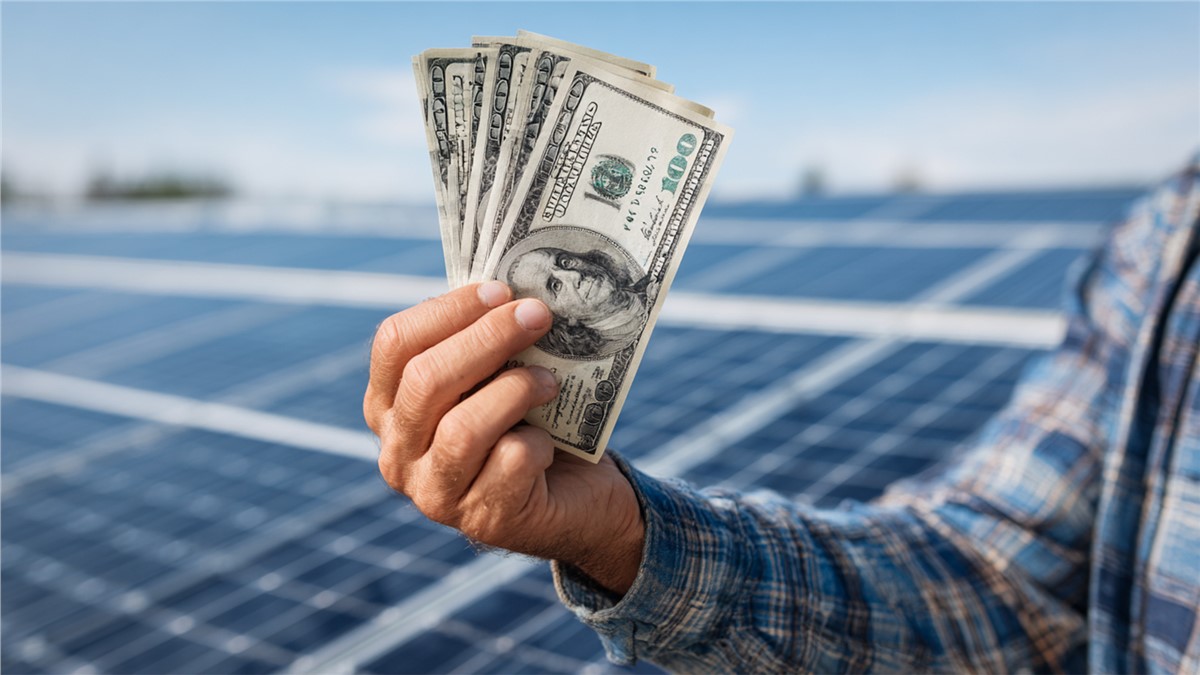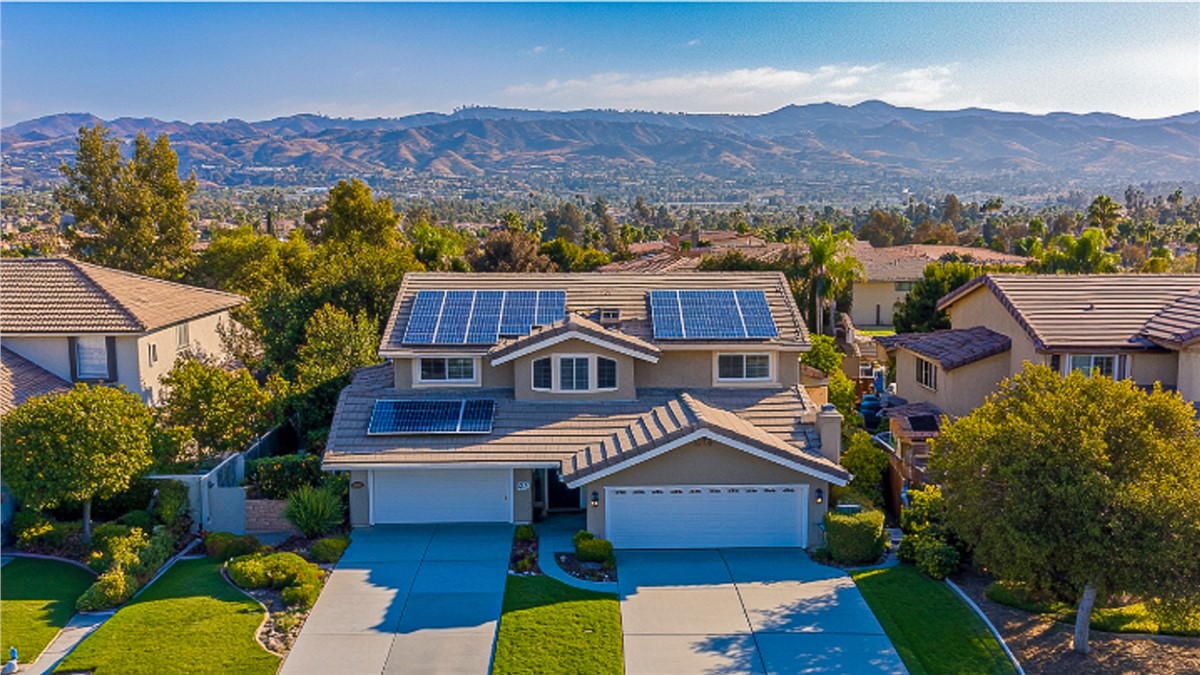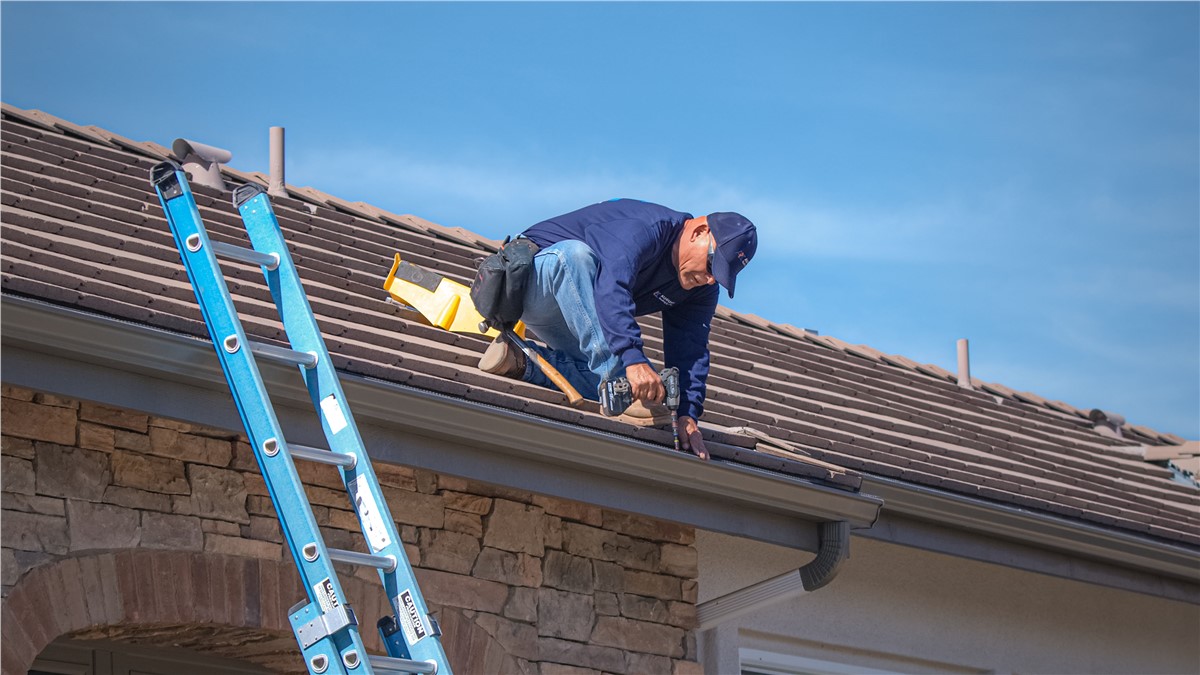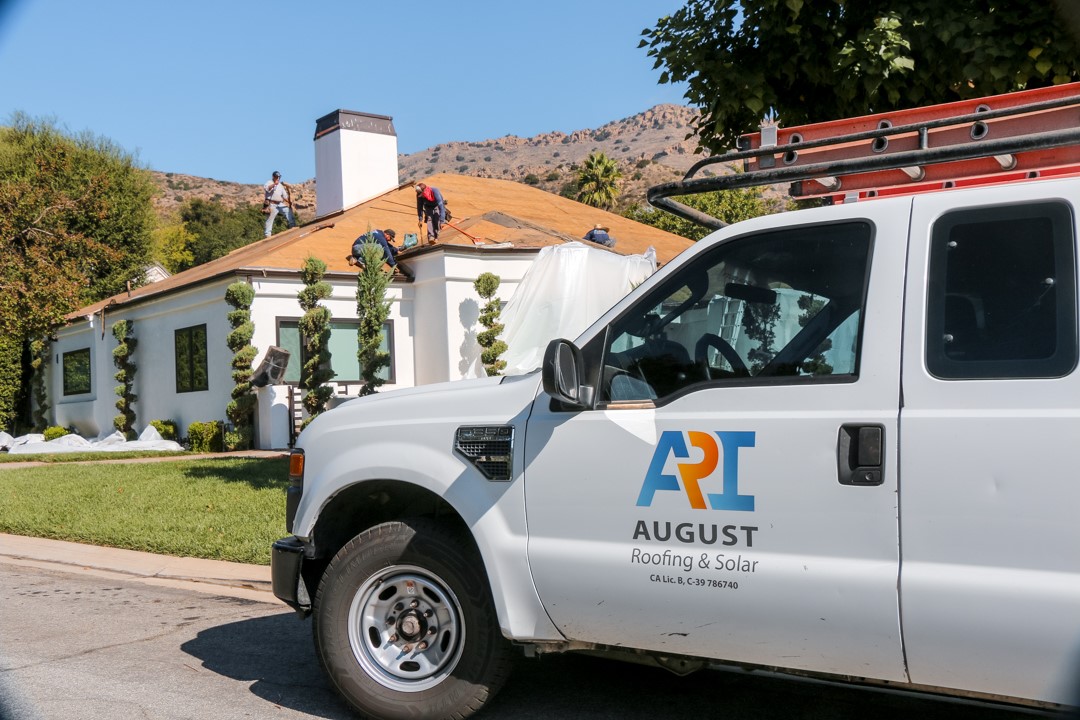You probably are already aware of some of the environmental benefits of solar power. Some of the advantages include the fact that the energy you use is renewable, it is considered clean and doesn’t create any waste or pollution, and it is widespread in areas that receive plenty of sunshine. However, the high cost of installing a solar system may be seen as a drawback. Here are five financial questions you should ask before you install solar panels on your home or business.
1. CAN YOU AFFORD THE COST OF A SOLAR INSTALLATION?
The costs of a solar system will include the system design, purchase of the solar panels, system installation, and electrical connections. The company you choose to perform the work should also activate the system to your local utility provider. They will provide you an estimate for everything you need to get you started on the path to generating solar energy.
Once you’ve received an estimate, it’s important to find out how to finance your new system. There are several purchase and finance options available for buying solar panels and paying for installation. You can also use tax credits and rebates that are available from the federal government, state government, or your local utility company to recoup some or all of the costs. Whether you buy or finance your system, you will see a decrease in your energy bills and, over time, may produce more energy than you use and be eligible for monthly energy credits. In some instances, your energy credits can be sold back to your utility company.
2. WILL YOUR ENERGY COSTS INCREASE OVER TIME?
The cost of energy obtained from your utility company will rise over time. Depending on how much solar energy you produce and use, your costs associated with installing and using solar panels will be significantly less than those of the utility company. You can save thousands of dollars on your energy bills over the lifetime of your system.
3. DO YOU NEED A NEW ROOF BEFORE INSTALLING YOUR SOLAR SYSTEM?
Your roofing company will inspect your roof to ensure that solar installation will not add to or cause damage to the existing structure, potentially increasing your costs. Your roofing company will have the knowledge and experience to determine if you need a new roof or repairs to the existing roof. Whether you need to replace your asphalt shingles or need a new coating on your flat roof, they will provide any additional potential costs.
4. HOW DOES SOLAR INSTALLATION AFFECT THE VALUE OF YOUR HOME?
For many potential home buyers, an existing solar system is an added bonus. The allure of lower energy bills and a more efficient home can help to sell your house and may even increase the selling price. According to Zillow, solar panels raise a home’s value by an average of 4.1%.
5. WHAT ARE THE COSTS OF MAINTAINING SOLAR PANELS?
Once your solar system is installed, you can basically forget about it. There are no moving parts so it will likely not need any repairs — unless you suffer a hailstorm or similar damage, but your homeowner’s insurance policy should cover that. If you don’t get sufficient rain in your area, you will want to hose off any accumulated dirt and dust every so often to promote maximum efficiency. You may also need to clear large amounts of snow and ice to maximize how much energy you produce in the winter months.
If you think that you don’t have enough sunny days where you live to believe the installation of solar panels is a viable option, think again. Even in the states that see the least amount of sunny days, enough power can be produced to make it worth the investment. In communities with small homes, it is also possible to establish community solar systems that produce shared energy and have shared installation costs.
Tags
Subscribe to August Roofing & Solar's Blog







Comments